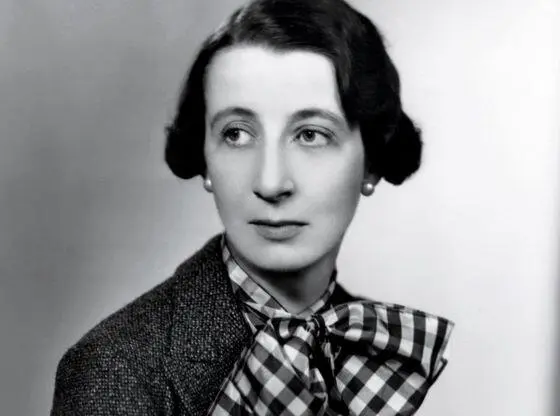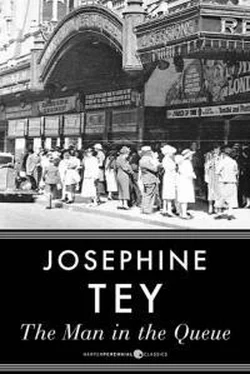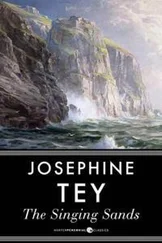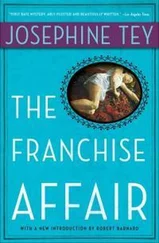They lay on his desk, the two shining things. The dagger winked knowingly in the evening light, and the pearls gleamed with a still small smile very like the smile that Ray Marcable had made famous. He did not think that Gallio & Stein had made a very good job of the monogram; even yet, looked at casually, he would read it M.R. Both Mrs. Ratcliffe and Mrs. Everett had read it that way, he remembered.
His thoughts went back to Mrs. Wallis. Was she technically sane? He would have said not; but sanity, from a medical point of view, depended on such queer qualifications. It was impossible to anticipate what a specialist would think of her. And anyhow it wasn’t his business. His business was done. The press would be scathing, of course, about the police haste to make an arrest, but his withers would be unwrung. The Yard would understand, and his professional standing would not suffer. And presently he would have that holiday. He would go down to Stockbridge and fish. Or should he go back to Carninnish? Drysdale had given him a very warm invitation, and the Finley would be teeming with salmon just now. But somehow the thought of that swift brown water and that dark country was ungrateful at the moment. It spoke of turmoil and grief and frustration; and he wanted none of that. He wanted a cow-like placidity, and ease, and pleasant skies. He would go down to Hampshire. It would be green there now, and when he grew tired of the placid Test waters there would be a horse and the turf on Danebury.
Mullins knocked, and came in and laid the sheath of the knife on Grant’s desk. ‘Got it where she said, sir. That’s the key of the house.’
‘Thanks, Mullins,’ said Grant. He dropped the knife into its sheath, and rose to take it to Barker. Yes; he would go to Hampshire. But sometime, of course, he would go back to Carninnish.
The doctors pronounced Mrs. Wallis quite sane and fit to plead, and her trial is due at the Old Bailey this month. Grant is convinced that she will get off, and I am inclined to trust Grant’s flair so far. Unwritten laws, he says, are not supposed to be valid in this country, but a British jury is in reality just as sentimental as a French one; and when they hear the story as put forward by Mrs. Wallis’s counsel – one of the most famous criminal defenders of the day – they’ll weep bucketfuls and refuse to convict her.
‘Well,’ I said to him, ‘it has been a queer case, but the queerest thing about it is that there isn’t a villain in it.’
‘Isn’t there!’ Grant said, with that twist to his mouth.
Well, is there?
THE END

Josephine Tey(1896–1952) is the pen name of Elizabeth Mackintosh, a Scottish mystery writer who also used the pseudonym Gordon Daviot. A physical education teacher, Tey turned to writing after leaving her profession as a teacher to care for her aging father. Her most popular series of mystery novels featured Scotland Yard Inspector Alan Grant, the most famous of which, The Daughter of Time , was voted the greatest mystery novel of all time by the British Crime Writer’s Association.
Harper Perennial Classics brings great works of literature to life in digital format, upholding the highest standards in ebook production and celebrating reading in all its forms. Look for more titles in the Harper Perennial Classics collection to build your digital library.
Ticket window (Fr.).
Overweight (Fr.).
Kind, gentle (Fr.).
No one provokes me with impunity (Lat.).
Fisherman (Fr.).
Main dish (Fr.).
Having full control of one's mind; sane (Lat.).












